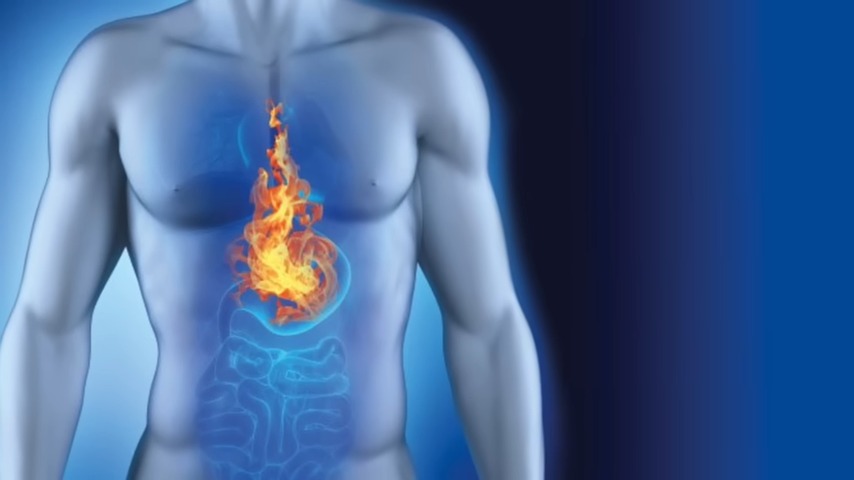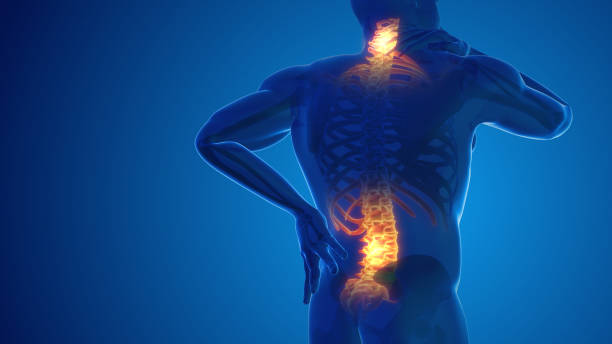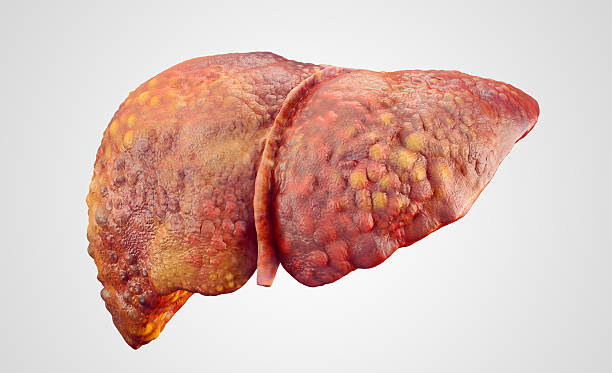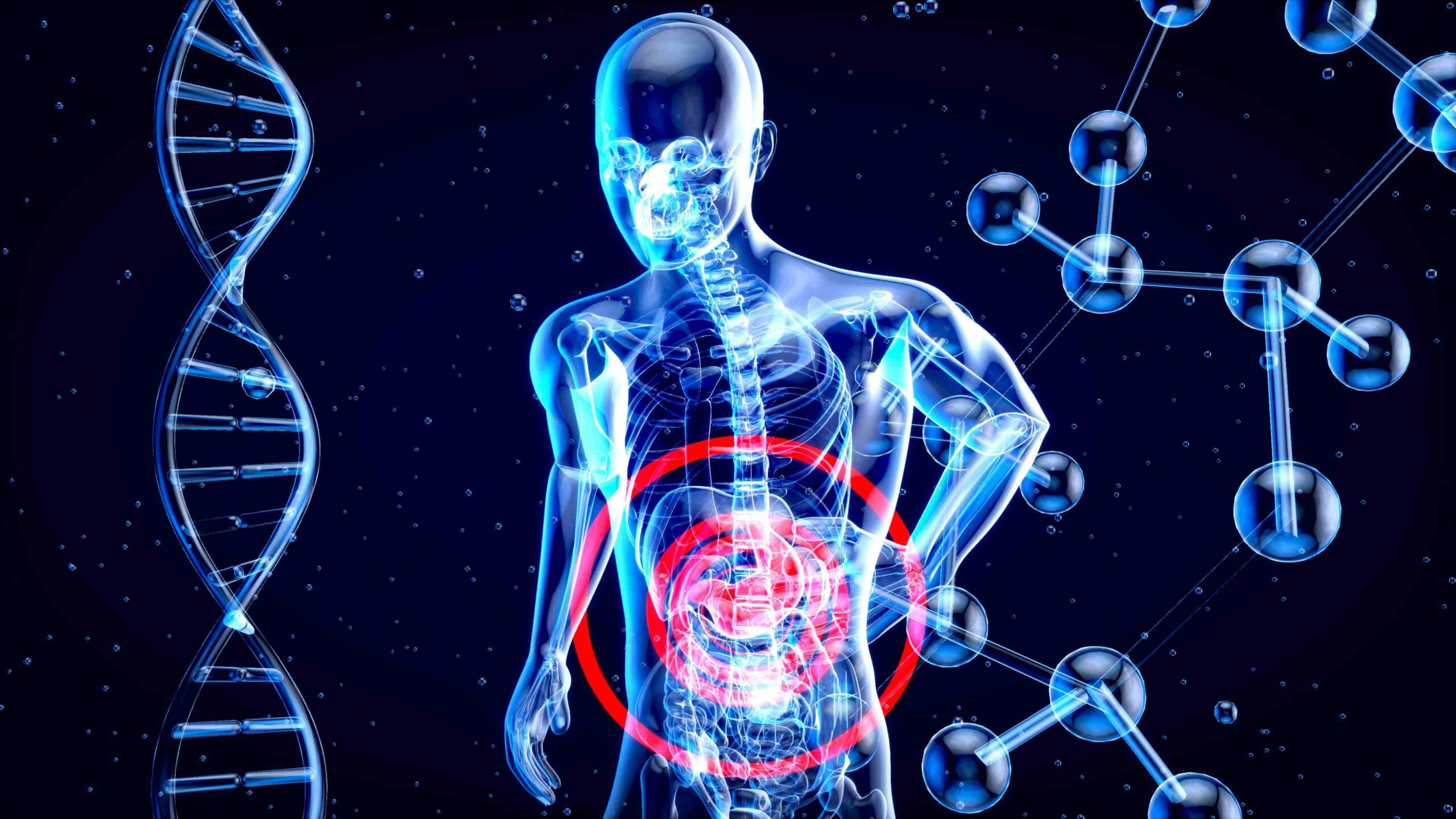Introduction
If you have heartburn, indigestion, or GERD, you’re going to be very happy you watch this video. We all know what acid reflux and heartburn really are—it’s too much acid, right? But is there a difference between acid reflux, heartburn, and the overproduction of acid? There’s a huge difference.
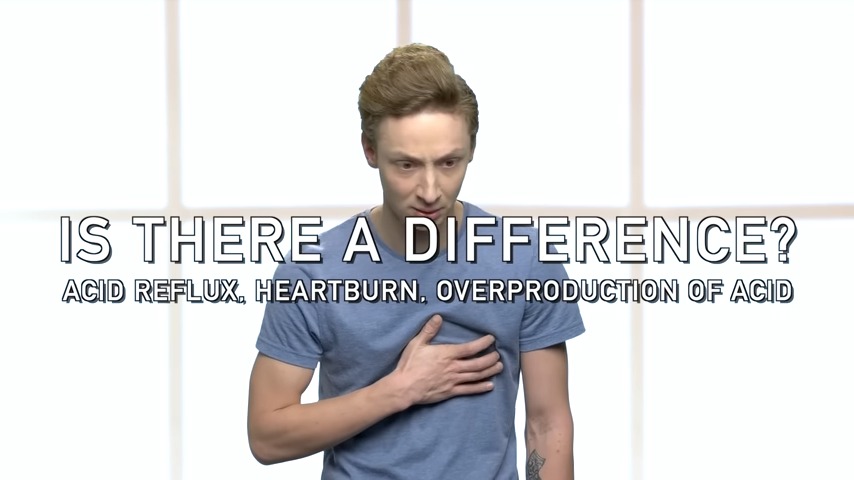
Where Do You Feel Heartburn or Acid Reflux?
When you have heartburn or acid reflux or GERD, where do you actually feel it? Do you feel it in the stomach? Usually not, unless you have an ulcer. Normally, you feel it just above the stomach in the esophagus or even in the larynx, as it can come up from the esophagus into your throat.
The Real Cause of Heartburn and Acid Reflux
What you’re going to learn is that heartburn, GERD, and acid reflux are actually the opposite problem. It’s usually not an overproduction of acid; it’s an underproduction of acid, and I’m going to prove it. So let’s go through this. If you go to your doctor with heartburn or acid reflux, they’re not going to test the pH of your stomach. They’re not going to check your acids; they assume you have too much acid. But here’s the problem: when you don’t have enough acid, the valve on the top of the stomach doesn’t necessarily close tightly enough, and the acid can regurgitate up into the esophagus, making you think you have too much acid when in fact you have just acid in the wrong place.
Understanding Optic Atrophy, it’s Causes, Symptoms, and Treatment
Aging and Acid Reflux
It’s a well-known fact that people develop GERD as they get older. You don’t normally have this problem when you’re younger, with the exception of myself in my 20s when I had this due to really bad digestive issues. But that was more of an ulcer, which also had some acid reflux. Generally, as you age—over 40, 50 years old—a lot more people get acid reflux. As we age, we lose our stomach acid; the acidity in our stomach becomes less and less.
Conflicting Information on Acid Reflux
So that’s kind of conflicting, right? It doesn’t make sense unless you really understand that normally, the root cause of acid reflux, heartburn, and GERD is a lack of acid. A normal pH of your hydrochloric acid in your stomach should be between one and three. What does that mean? It is the strongest acid in the entire body, between 100,000 to a million times more acid than your blood. Your stomach acid is like battery acid, and that is normal because the function of that acid is to help you break down protein, turning that beef steak you eat into a soup.
Function of Stomach Acid
Let’s refocus on what we’re talking about—GERD, acid reflux, acid indigestion, and heartburn being caused by weakened acid or a stomach pH that’s no longer between one and three. It’s starting to go higher, and as the numbers go higher, things become less acidic. There are two main conditions of low stomach acids: hypochlorhydria, which means low acids (pH between three and five), and achlorhydria, which means you don’t have any more acids (pH greater than five in men and greater than six in women).
Symptoms of Low Stomach Acid
If you search the symptoms of these conditions, you’ll find some interesting things. Both produce GERD, acid reflux, heartburn, bloating, and other symptoms that occur when you don’t have enough hydrochloric acid in your system. Hydrochloric acid is there to help you break down food, especially protein, and absorb minerals and vitamins like calcium, iron, magnesium, potassium, and vitamins A, B, and C. It also helps wipe out pathogens and microbes trying to get through to the stomach level into the rest of the body. With the right pH, you can kill off the microbes so you don’t end up with an infection or pathogen.

Risks of Low Stomach Acid
If you don’t have enough acid, you can become anemic because you can’t absorb iron or B12 properly. You might develop a stomach infection or an infection in your small intestine called SIBO (Small Intestinal Bacterial Overgrowth). Without enough acid, your immune system reacts weirdly, and you may develop food allergies or autoimmune diseases. You’re also at risk of developing stomach cancer and H. pylori, which thrives in an alkaline stomach. Additionally, without proper protein digestion, you’re at risk for osteoporosis.
Medical Treatments for Low Stomach Acid
It’s mind-blowing that the medical treatment for these conditions is not to add back acid but to treat other symptoms, like genetic problems, cancer, anemia, or H. pylori. There’s no medical recommendation for increasing acid, despite the condition being caused by a loss of acid.
Side Effects of Antacids
Major side effects of antacids or PPIs (acid-suppressing medications) include a loss of stomach acid. Treating low stomach acid with something that further reduces acid can make you feel temporarily better but ultimately worse. People on chronic acid-suppressing medications often have many issues that could be avoided if someone tested the pH in their stomach instead of assuming they had too much acid.
Testing for Low Stomach Acid
I’m going to show you a simple, inexpensive way to determine if you have low stomach acid. But first, let’s talk about hydrochloric acid (HCL). How does someone end up with lowered hydrochloric acid? Conditions like hypothyroidism, poor diet, H. pylori infection, suppressed immune system, taking antacids, low salt diet, potassium deficiency, zinc deficiency, and iodine deficiency can all contribute.
Causes of Low Stomach Acid
Another reason is eating too frequently. Our bodies were not designed to eat every hour and a half with three meals and snacks in between. Over time, this depletes digestive juices, weakening the system and preventing digestive rest. Diabetics are four times more likely to develop GERD than non-diabetics.
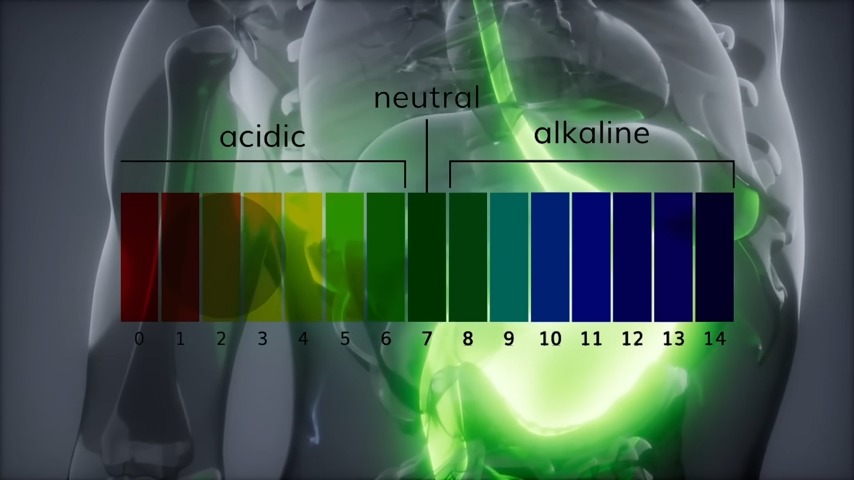
Natural Remedy: Betaine Hydrochloride
The number one remedy is betaine hydrochloride, available over the counter. It’s not a medication; it’s a natural remedy. The only time you shouldn’t take it is if you have an ulcer. Here’s how I recommend taking it:
- Start eating, and with the first bite, take one betaine hydrochloride.
- With each meal, add another betaine hydrochloride until you feel a warm feeling in your stomach, indicating you’ve taken too much. Then, back off to the previous dose.
- Stick with the dosage that resolves your acid reflux or indigestion.
- Stay on this dosage for 1-3 months and then stop to see if the problem has been corrected.
Meanwhile, eat healthily to balance out other factors like iodine, potassium, and sodium chloride. Don’t eat too frequently—practice intermittent fasting.
Conclusion
Understanding that heartburn, GERD, and acid reflux are often caused by low stomach acid is crucial. By addressing the root cause with natural remedies like betaine hydrochloride and making dietary adjustments, you can manage these conditions effectively.
Additional Information
For more information on a specific nutrient that controls the stomach valve, check out the next part of this series.
For Traveling Tips and Tricks, Visit Home
